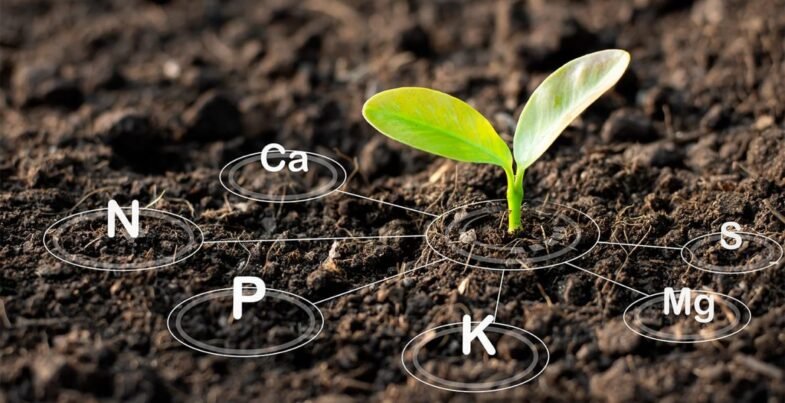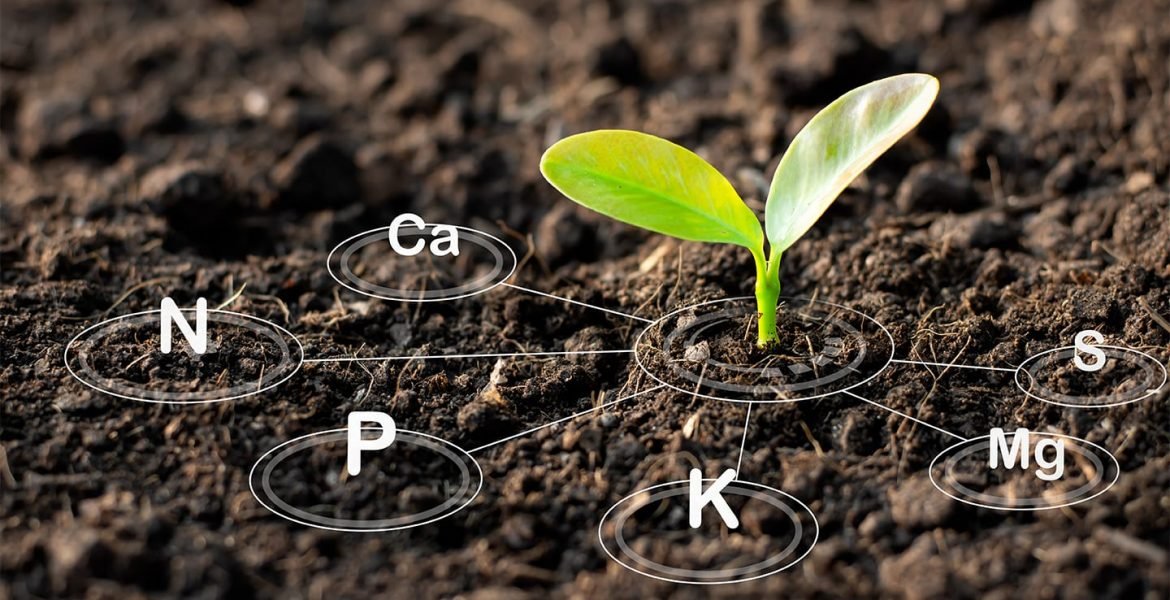The proposal was deemed insufficiently ambitious by the One Planet Business for Biodiversity, a group of corporations that includes Unilever, Nestle, and Danone.

With the intention of halting soil degradation brought on by intensive farming and the worsening effects of climate change, the European Commission proposed what would be the first law in the EU to improve soil health.
The proposal comes after the Commission’s initial attempt to pass soil health legislation in 2006, which was thwarted by a small number of nations, including Germany and France. The proposal is being made as the European Union experiences political backlash against other green policies.
Leading players in the food industry Unilever, Nestle, and Danone immediately criticised the new plan as being unambitious. It would require nations to monitor soil health based on factors like erosion and excessive fertiliser nutrient levels.
States in the EU would also need to identify chemically contaminated sites and deal with any risks to human health. However, the proposal would not compel them to meet minimum standards for soil health.
The proposal was deemed insufficiently ambitious by the One Planet Business for Biodiversity, a group of corporations that includes Unilever, Nestle, and Danone.
The group claimed in a statement that “despite the troubling condition of EU soils and the solutions mentioned in the proposal, it fails to propose an ambitious framework for coordinated development of soil health at the European level.”
At least 61% of the soil in the EU, according to estimates by the organisation, is unhealthily fertilised and subject to peatland degradation.
When questioned about the absence of mandatory goals, EU Environment Commissioner Virginijus Sinkevicius responded that the objective was to first create a clearer picture of soil health and strategies for managing it more sustainably.
He stated, “We have to see the political landscape, too, of what would be acceptable to member states, with what we can go ahead,” in an interview with Reuters.
According to Caroline Heinzel, a policy officer at the coalition of advocacy organisations known as the European Environmental Bureau, the proposal “falls short of expectations by not including legally binding targets or requiring mandatory plans.”
Separately, the Commission put forth rules to hold textile manufacturers financially accountable for the waste they produce as well as binding targets for nations to reduce food waste, all in an effort to encourage investment in the collection, reuse, and recycling of used clothing and materials.
Green lawmakers and campaigners claim that the Commission’s latest proposal for a soil health monitoring law falls short of its original goal of granting soil a protected status akin to that of air or water.
